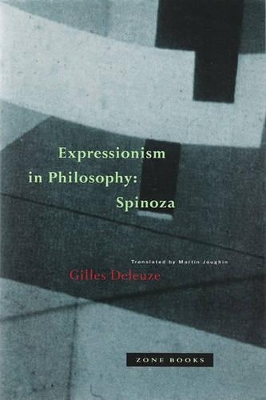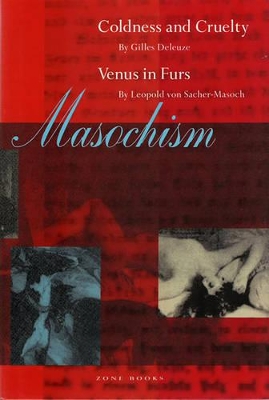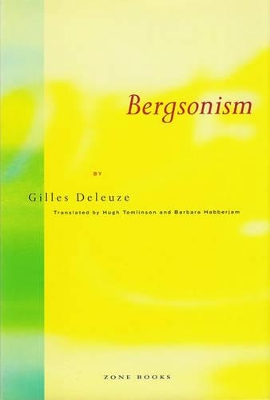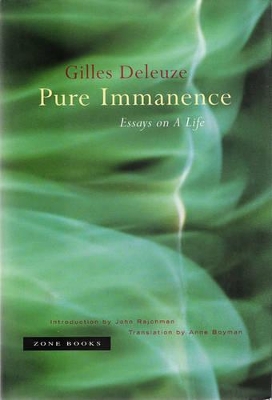Zone Books
4 total works
In this extraordinary work Gilles Deleuze, the most renowned living philosopher in France, reflects on one of the figures of the past who has most influenced his own sweeping reconfiguration of the tasks of philosophy. Deleuze's brilliant text shows how current definitions of philosophy do not apply to Spinoza: a solitary thinker (yet scandalous and hated), he conceived of philosophy as an enterprise of liberation and radical demystification much as did Leibniz or, later Nietzsche. Spinoza confronts the grand philosophical problems that are still current today: the comparative role of ontology (the theory of substance), of epistemology (the theory of ideas), and of political anthropology (the theory of modes, passions, and actions). The goal of this book is to determine the rapport among the univocity of Being in the theory of substance; the production of truth and the genesis of sense in the theory of ideas; and practical joy (or the elimination of the sad passions) and the selective organization of the passions in the theory of modes.
In his stunning essay, Coldness and Cruelty, Gilles Deleuze provides a rigorous and informed philosophical examination of the work of the late 19th-century German novelist Leopold von Sacher-Masoch. Deleuze's essay, certainly the most profound study yet produced on the relations between sadism and masochism, seeks to develop and explain Masoch's "peculiar way of 'desexualizing' love while at the same time sexualizing the entire history of humanity." He shows that masochism is something far more subtle and complex than the enjoyment of pain, that masochism has nothing to do with sadism; their worlds do not communicate, just as the genius of those who created them - Masoch and Sade - lie stylistically, philosophically, and politically poles a part. Venus in Furs, the most famous of all of Masoch's novels was written in 1870 and belongs to an unfinished cycle of works that Masoch entitled The Heritage of Cain. The cycle was to treat a series of themes including love, war, and death. The present work is about love. Although the entire constellation of symbols that has come to characterize the masochistic syndrome can be found here - fetishes, whips, disguises, fur-clad women, contracts, humiliations, punishment, and always the volatile presence of a terrible coldness - these do not eclipse the singular power of Masoch's eroticism.
Deleuze identifies three pivotal concepts-duration, memory, and elan vital-that are found throughout Bergson's writings.
In this analysis of one major philosopher by another, Gilles Deleuze identifies three pivotal concepts-duration, memory, and elan vital-that are found throughout Bergson's writings and shows the relevance of Bergson's work to contemporary philosophical debates. Deleuze interprets and integrates these themes into a single philosophical program, arguing that Bergson's philosophical intentions are methodological. They are more than a polemic against the limitations of science and common sense, particularly in Bergson's elaboration of the explanatory powers of the notion of duration-thinking in terms of time rather than space.Bergsonism is also important to an understanding of Deleuze's own work, influenced as it is by Bergson.
Essays by Gilles Deleuze on the search for a new empiricism.
The essays in this book present a complex theme at the heart of the philosophy of Gilles Deleuze, what in his last writing he called simply "a life." They capture a problem that runs throughout his work-his long search for a new and superior empiricism. Announced in his first book, on David Hume, then taking off with his early studies of Nietzsche and Bergson, the problem of an "empiricist conversion" became central to Deleuze's work, in particular to his aesthetics and his conception of the art of cinema. In the new regime of communication and information-machines with which he thought we are confronted today, he came to believe that such a conversion, such an empiricism, such a new art and will-to-art, was what we need most. The last, seemingly minor question of "a life" is thus inseparable from Deleuze's striking image of philosophy not as a wisdom we already possess, but as a pure immanence of what is yet to come. Perhaps the full exploitation of that image, from one of the most original trajectories in contemporary philosophy, is also yet to come.



